
On War
¥ 298 九五品
仅1件
作者Carl von(卡尔·冯·克劳塞维茨)、Michael Howard(迈克尔·霍华德) 著
出版社Random House
出版时间1993-05
装帧精装
上书时间2021-10-05
- 店主推荐
- 最新上架
商品详情
- 品相描述:九五品
图书标准信息
- 作者 Carl von(卡尔·冯·克劳塞维茨)、Michael Howard(迈克尔·霍华德) 著
- 出版社 Random House
- 出版时间 1993-05
- ISBN 9781857151213
- 定价 178.40元
- 装帧 精装
- 开本 其他
- 纸张 胶版纸
- 页数 784页
- 正文语种 英语
- 【内容简介】
- Firstpublishedin1832,thisstudyisaWesternattempttounderstandwar,intermsofitsinternaldynamics,anditsuseasaninstrumentofpolicy.ThisneweditionincludesacommentarybyBernardBrodie,aformerProfessorofPoliticalScienceattheUniversityofCalifornia,LosAngeles,USA.
- 【作者简介】
-
Carl Philipp Gottfried von Clausewitz(June 1, 1780 – November 16, 1831[2]) was a Prussian soldier and German military theorist who stressed the moral and political aspects of war. His most notable work, Vom Kriege (On War), was unfinished at his death.
Clausewitz espoused a romantic conception of warfare, though he also had at least one foot planted firmly in the more rationalist ideas of the European Enlightenment. He stressed the dialectic of how opposite factors interact, and noting how unexpected new developments unfolding under the "fog of war" called for rapid decisions by alert commanders. Clausewitz saw history as a complex check on abstractions that did not accord with experience. In opposition to Antoine-Henri Jomini he argued war could not be quantified or graphed or reduced to mapwork and graphs. Clausewitz had many aphorisms, of which the most famous is, "War is not merely a political act, but also a political instrument, a continuation of political relations, a carrying out of the same by other means," a working definition of war which has won wide acceptance.
Michael Howard, Baron Howard of Lympne QC (born 7 July 1941) is a British politician, who served as the Leader of the Conservative Party and Leader of the Opposition from November 2003 to December 2005. He had previously held cabinet positions in the governments of Margaret Thatcher and John Major, including Secretary of State for Employment (1990-92), Secretary of State for the Environment (1992-93) and Home Secretary (1993-97).
Howard was born in Gorseinon, south-Wales. He joined the Young Conservatives at age 15 and studied at Peterhouse, Cambridge. In 1964, Howard was called to the Bar and became a Queen's Counsel in 1982. Howard became a Member of Parliament (MP) in the 1983 General Election, representing the constituency of Folkestone and Hythe. This led to Howard becoming quickly promoted and he became the Minister for Local Government in 1987. Under Prime Minister John Major (1990–1997), Howard held several cabinet positions including Secretary of State for Employment (1990–1992) and Home Secretary (1993–1997). His tenure as Home Secretary saw offences fall by 16.8%.
Following the Conservative Party's defeat in the 1997 General Election, Howard unsuccessfully made a bid for the post of Conservative Party leader and held the posts of Shadow Foreign Secretary (1997–1999) and Shadow Chancellor of the Exchequer (2001–2003). In November 2003, following the Conservative Party's Vote of No Confidence in its leader Iain Duncan Smith, Howard was elected unopposed to the position of Conservative Party leader. In the 2005 General Election, the Conservatives gained 33 new seats in Westminster but this still only gave them 198 seats to Labour's 355. Following the election, Howard resigned as Leader of the Conservative Party and was succeeded by David Cameron. Howard did not contest his seat of Folkestone and Hythe in the 2010 General Election and entered the House of Lords as Baron Howard of Lympne.
相关推荐
— 没有更多了 —


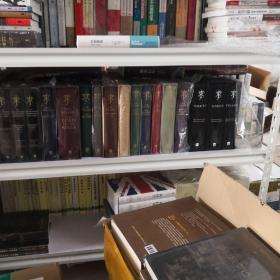

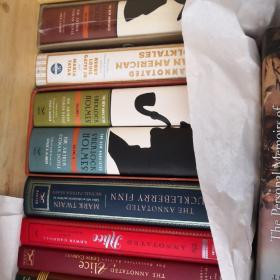



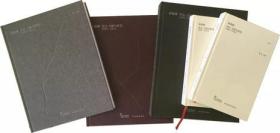
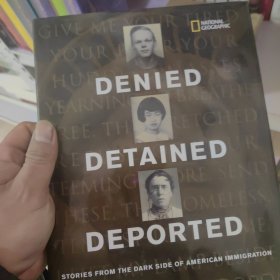


![Vanity Fair[名利场]](https://www0.kfzimg.com/sw/kfz-cos/kfzimg/aafabbba/e6505a0f51e72e7d_s.jpg)



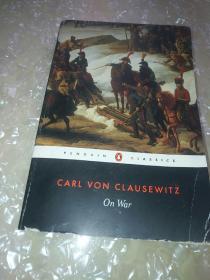
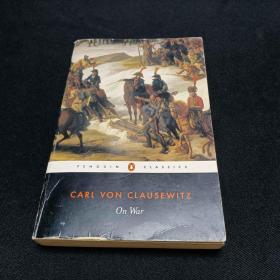
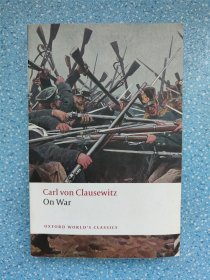

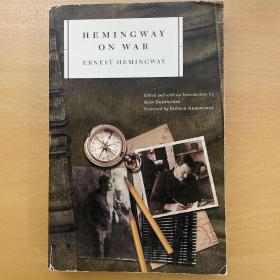





以下为对购买帮助不大的评价